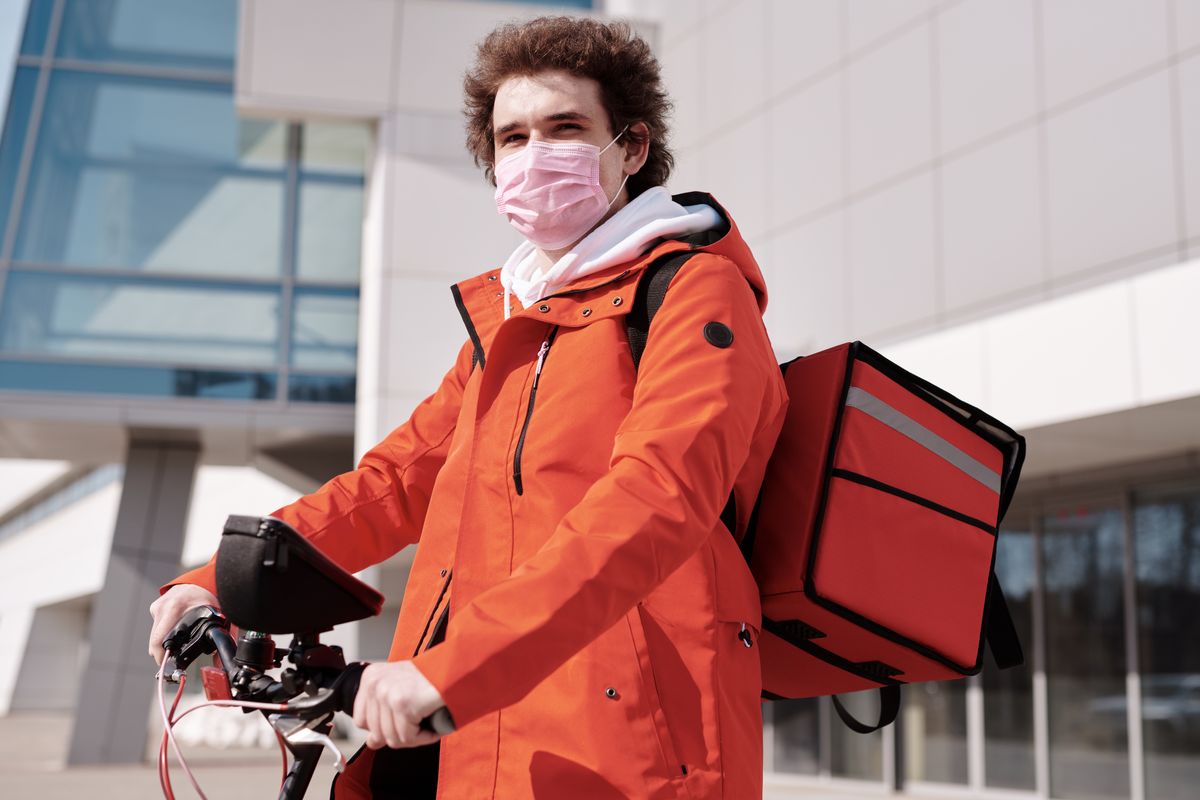Masks - Is there a danger?

Masks! Have you forgotten about them? There was a time when it was impossible to travel or go out without wearing one. Even our friends would insist that we wear one before we visit. Thankfully, with COVID no longer widespread, the use of masks has gone down. The fact that there is an argument that masks did not really help is an argument for another day. For now, should we wear masks, especially over prolonged periods? Can you get toxicity from CO2 from extended mask usage?
Carbon Dioxide: A Brief Overview
Carbon dioxide is a naturally occurring gas that is exhaled during the respiratory process. In normal circumstances, the amount of CO2 in the atmosphere is minimal, and the gas is quickly dispersed into the environment. However, when wearing a mask, there's a possibility that some of the exhaled CO2 is trapped and then re-inhaled.
Is breathing CO2 harmful?
The primary concern with rebreathing CO2 is the potential for hypercapnia, a condition where there's too much carbon dioxide in the bloodstream. Symptoms of mild hypercapnia include shortness of breath, dizziness, confusion, and headaches. Severe cases can lead to seizures, an irregular heartbeat, and even loss of consciousness.
However, it's essential to note that most masks, including cloth masks, surgical masks, and even N95 respirators, are designed to allow for adequate gas exchange. They filter out harmful particles while still permitting the free flow of oxygen and carbon dioxide. Thus, the risk of developing hypercapnia from regular mask usage is low for the general population.
Research on Mask Usage and CO2 Levels
Several studies have been conducted to assess the impact of mask-wearing on CO2 rebreathing. A study published in the journal "Annals of the American Thoracic Society" found that while CO2 levels might increase slightly inside the mask, they do not reach harmful levels for the majority of wearers. Another study in the "Journal of Occupational and Environmental Hygiene" concluded that N95 respirators do not pose a risk of hypercapnia even after prolonged use.
Special Considerations
While the general population is unlikely to experience adverse effects from wearing masks, certain groups may need to exercise caution. Individuals with pre-existing respiratory conditions, such as COPD or asthma, may feel discomfort or experience exacerbated symptoms when wearing a mask for extended periods. Hopefully, there will not be another pandemic. Regardless, some of us have built a habit out of wearing masks. You may want to reconsider it, especially if your respiratory conditions are not ideal.





